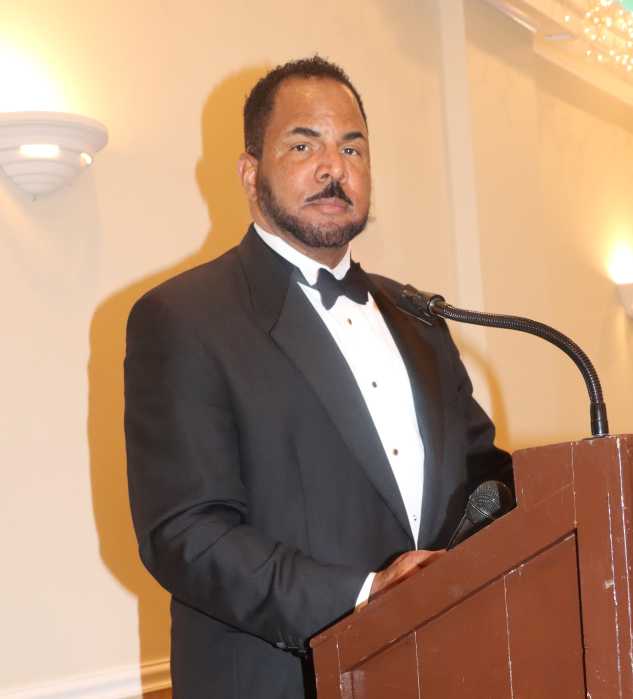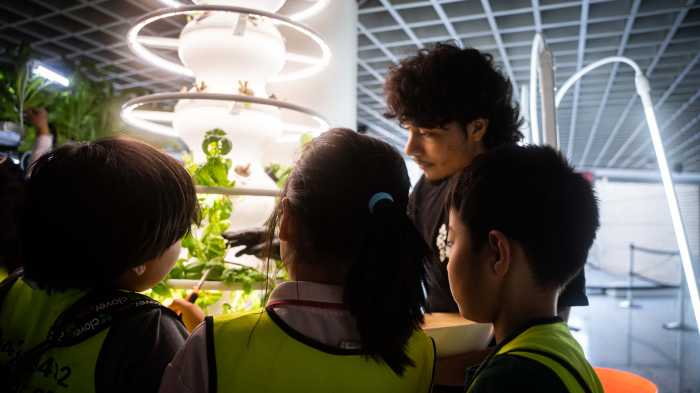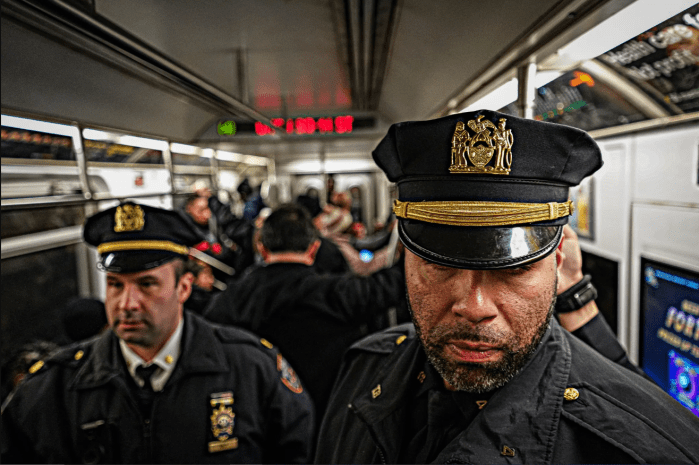Three Caribbean countries stand out in a recent US State Department report on human rights abuses following a “critical look “ at the region’s prison conditions, judicial system and overall governance, among others. Haiti, Jamaica and Guyana were cited for having the worst cases in the department’s 2013 assessment of violations report.
Haiti
It says that in Haiti, the most serious impediments to human rights involved “weak democratic governance in the country; the near absence of the rule of law, exacerbated by a judicial system vulnerable to political influence; and chronic, severe corruption in all branches of government.”
The report says basic human rights problems in Haiti also included “some arbitrary and unlawful killings by government officials; excessive use of force against suspects and protesters; overcrowding and poor sanitation in prisons; prolonged pretrial detention; an inefficient, unreliable, and inconsistent judiciary subject to significant outside and personal influence; rape, other violence, and societal discrimination against women; child abuse; social marginalization of minority communities; and human trafficking.”
The report says allegations continued of sexual exploitation and abuse by members of the UN Peacekeeping Force in Haiti (MINUSTAH), with “violence and crime within camps for about 369,000 internally displaced persons (IDPs)” remaining a problem.
“Although the government took some steps to prosecute or punish some government and law enforcement officials who committed abuses, credible reports persisted of officials engaging in corrupt practices with impunity,” says the State Department, noting that the newly created independent judicial body suspended a judge who freed the perpetrator of a high-profile murder.
Guyana
In Guyana, the State Department says the most serious human rights abuses involved suspects’ and detainees’ complaints of mistreatment by security forces, unlawful killings by police, and poor prison and jail conditions.
Other human rights problems included lengthy pretrial detention; allegations of government corruption, including among police officials; excessive government influence over the content of the national television network; sexual and domestic violence against women; and abuse of minors.
The report says there were no independent and transparent procedures for handling allegations of killings and other abuses by security force members.
It says prosecutions, when pursued, were extremely lengthy, and convictions were rare, “leading to a widespread perception that security force members enjoyed impunity.”
The report says prison and jail conditions were “poor and deteriorating, particularly in police holding cells,” and that overcrowding was a “severe problem.”
The Guyana Prison Service (GPS) reported that, as of October 2011, the latest data available, there were 1,962 prisoners in five facilities, which had a combined design capacity of 1,580, the report says. A total of 997 prisoners were in Georgetown’s Camp Street Prison, which was designed to hold 775 inmates.
The report says overcrowding was in large part due to a backlog of pretrial detainees, who constituted about 39 percent of the total prison population.
It also says that inadequate training, poor equipment, and acute budgetary constraints severely limited the Guyana Police Force’s (GPF), effectiveness, referring to the Caribbean Development Report commissioned by the U.N. Development Program that stated that public confidence in the police force was very low.
In addition, the State Department says there were reports of corruption in the police force, noting that, in 2011, authorities charged and brought to court 39 GPF members for various crimes, including robbery, simple larceny, bribery, and indecent assault.
Belize
For Belize, the report says the most important human rights abuses during the year were the use of excessive force by security forces, including the deaths of five persons involving on or off- duty police officers and discrimination based on sexual orientation.
Other human rights problems included lengthy pretrial detention, domestic violence, discrimination against women, sexual abuse of children, trafficking in persons and child labor.
The report says, in some cases, the government took steps to prosecute officials who committed abuses, both administratively and through the courts, but it says successful prosecutions “generally were limited in number and tended to involve less severe infractions.”
It says there was apparent impunity for high-ranking officials, but authorities took action against 51 police officers and brought criminal charges against 48 of them for alleged abuses.
The report says that the government occasionally ignored reports of abuses, withheld action until the case had faded from the public’s attention, failed to take punitive action, or transferred accused officers to other areas within their department.
Jamaica
The most serious human rights problems in Jamaica, according to the State Department report, were alleged unlawful security force killings; cases involving the violation of rights that were not resolved in a timely way; poor prison and jail conditions, including abuse of detainees and prisoners; and incarceration of children with adults.
Other human rights problems included an “overburdened and ineffective judicial system and frequent lengthy delays in trials, violence against and sexual abuse of children, violence and discrimination against women, trafficking in persons, violence against persons based on their suspected sexual orientation, and vigilante justice meted out by violent mobs.”
The report says the government took steps to investigate and punish members of the security forces who committed abuses, “but in many instances a lack of witnesses and insufficient forensics equipment precluded arrests or prosecutions, thus providing the appearance of impunity for police who committed crimes.”
























